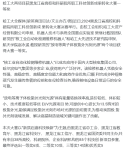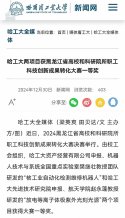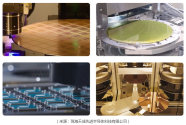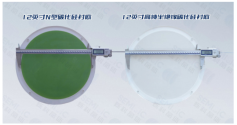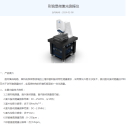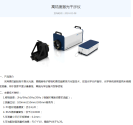Good. Forces Chinese companies to find and advance local solutions.
Chinese manufacturers are frantically stockpiling semiconductor materials
Chinese companies are scrambling to secure advanced chips and electronic materials from U.S. suppliers before the New Year amid concerns that Washington will impose more export restrictions on the industry, people familiar with the matter told Nikkei Asia.
Suppliers such as DuPont, Entegris and Chemours have seen a surge in orders since November, including a variety of important consumable materials such as chemical mechanical polishing pads, filters, special containers, advanced lubricants and high-end light bulbs for inspection and testing, the sources said.
The Chinese tech industry is also concerned that the U.S. may impose additional restrictions on the use of advanced chipmaking materials and designs, in addition to the restrictions already announced, they added.
"China has been stepping up efforts to find local solutions over the past few years, but the quality of chipmaking materials and consumables from some U.S. suppliers is still much better and more stable than local products," said a chip distributor familiar with the stockpiling campaign.
DuPont provides high-quality polishing pads commonly used in the chemical mechanical polishing process, a key step in chipmaking. Entegris is a global leader in filters and FOUPs (specialized plastic carriers used to hold wafers), while Chemours provides key lubricants used in a variety of machines in a wide range of industries including aerospace.
In addition to snapping up raw materials from U.S. suppliers, Chinese chipmakers and equipment suppliers are scrambling to find alternative sources for high-end consumables, which are mainly controlled by U.S., European and Japanese suppliers, according to Nikkei Asia. These efforts include trying to replace as many foreign suppliers of chemicals and materials as possible with domestic suppliers.
"Customers told me that they are concerned that the supply of some key consumables may be at risk of interruption and asked us to start looking for and verifying a second source as soon as possible," said an executive at a chip production equipment supplier.
The move is in line with China's efforts to reduce its reliance on U.S. suppliers as the technology race between Washington and Beijing intensifies. Huawei, which has been under pressure from the United States for five years, has been a driving force for China to increase its technological self-reliance.
U.S. President Joe Biden's administration announced sweeping new export restrictions this month and added 140 Chinese entities to a trade blacklist, including the country's largest chip equipment manufacturer. Suppliers must complete business arrangements with blacklisted customers by January 2 or January 31, depending on the specific restrictions, after which they will be required to obtain a license to continue doing business with them.
The United States also released an assessment of China's mature chip production supply chain this month, saying that only 17% of American companies can confirm that their products do not contain Chinese chips. The US government said it would ban government agencies from purchasing products or services containing Chinese chips from December 2027.
The Biden administration also launched a Section 301 investigation into China's mature or less advanced semiconductor trade practices this week. However, Biden will not reach a conclusion before leaving office next month, and it is unclear whether the incoming Donald Trump administration will continue the investigation.
Entegris and Chemours declined to comment. DuPont did not respond to Nikkei Asia's request for comment.
While US blocking Chinese chips will just increase inflation

